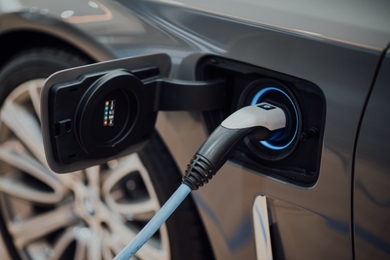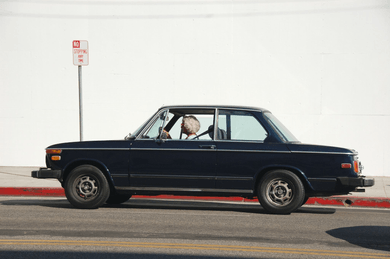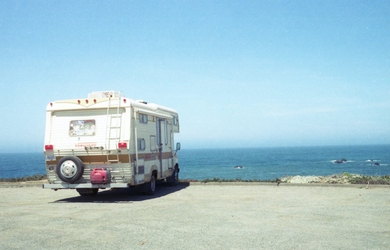Difference Between Collision vs Comprehensive Insurance | Gabi

State laws require drivers to purchase liability insurance, which covers the damage to another person’s car if you cause an accident, but there’s no requirement to carry insurance to repair your own car. Collision insurance helps pay for damages to your car if you crash into another car or object or roll your car, and if your car is totaled, it helps pay replacement costs. According to the Insurance Information Institute, 73 percent of insured drivers purchase collision insurance.
When Do You Need Collision Insurance?
If you have a car loan or lease, your lender or lessor is likely to require you to carry collision insurance on your car. (They probably also require that you carry comprehensive insurance, which is often bundled with collision insurance.) That’s their way of ensuring that their investment is protected.
But even if you don’t have a financial agreement that requires you to purchase collision coverage, you may want to consider doing it anyway. Think about this: If you caused a car crash, would you be able to afford to repair or replace your vehicle? If the answer is no or you’re not sure, you probably need collision coverage to ensure that you won’t be responsible for covering the damages in such an event. Also, if you have a history of accidents or just don’t feel confident behind the wheel, collision coverage may provide you with peace of mind.
However, if your car is older and not worth a lot of money, collision insurance probably isn’t necessary. Use the 10 percent rule to determine whether it’s a good idea: If your annual premium meets or exceeds 10 percent of the maximum payout, collision insurance isn’t worth it. So if your car is worth $3,500 and your deductible is $500, your maximum payout in the event of a claim would be $3,000. If that insurance costs you $300 per year, it’s not a good investment.
How Much Will Collision Insurance Cost?
The price you pay for collision insurance is really up to you. Choose to pay lower premiums, or regular insurance payments, and you’ll have a higher deductible, meaning you’ll pay more out of pocket when you make a claim. For instance, if you have $1,000 set aside in a savings account that could be used to pay for damages to your car after a collision, you can get a deductible up to $1,000 and pay less for premiums.
On the other hand, if you don’t have much savings or would rather not use it for car repairs, you can choose a lower deductible (such as $250) and pay a little more in premium costs. That way, if you cause an accident, you’ll only be responsible for paying $250 and your collision insurance will cover the rest of your car repairs, or replacement costs if your car was totaled.









